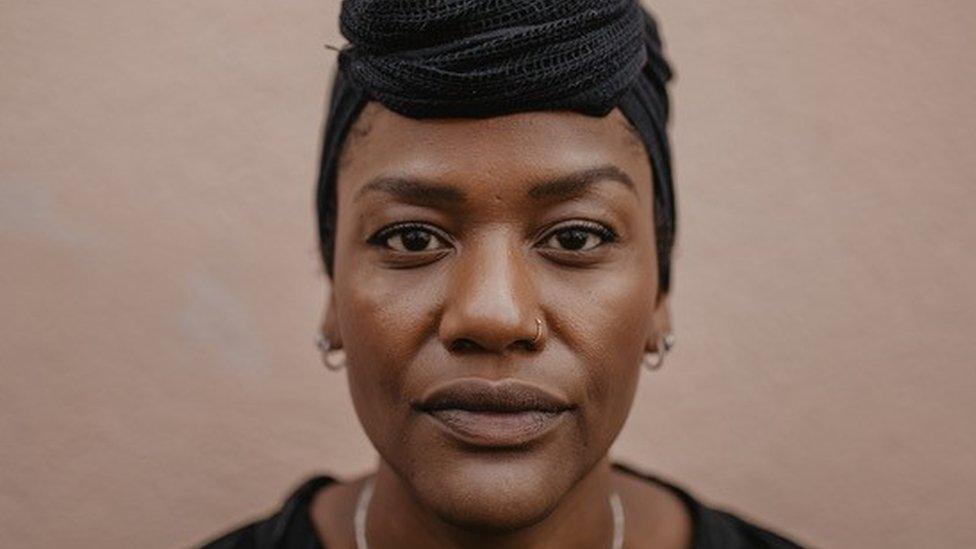Team researching pre-eclampsia in minority groups
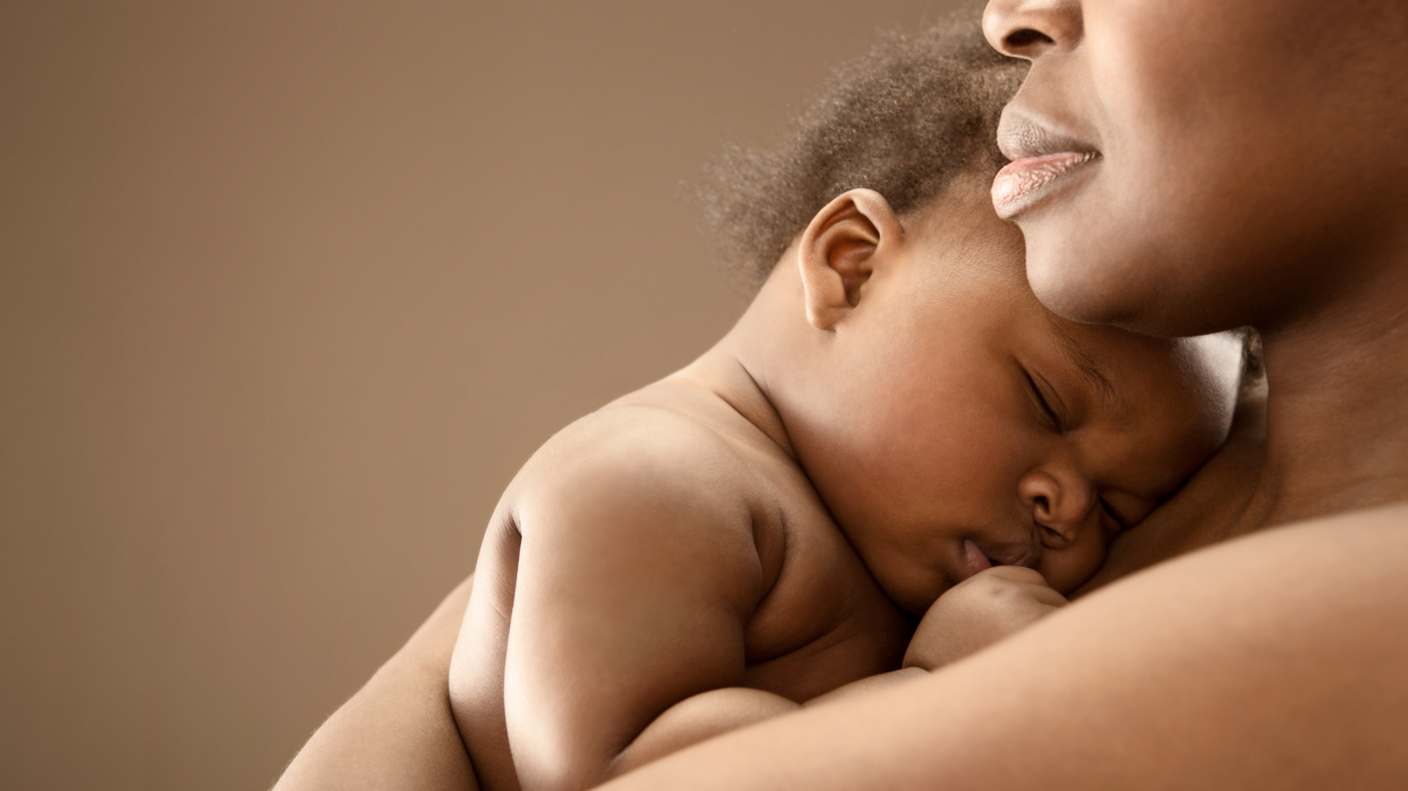
Pre-eclampsia can usually be successfully managed if diagnosed early
- Published
A team of academics are hoping to create a tool to more accurately predict a major cause of stillbirth and maternal death among black people and ethnic minorities.
Minority groups are at a higher risk of developing pre-eclampsia, a high blood pressure condition, which can cause serious complications in pregnancy.
Researchers at the University of Bristol want to develop more tailored care for black and Asian mothers.
Dr Charlea Williams, lead researcher, said the discrepancy in birth outcomes among different ethic groups was “glaringly obvious” in maternity care in Bristol.
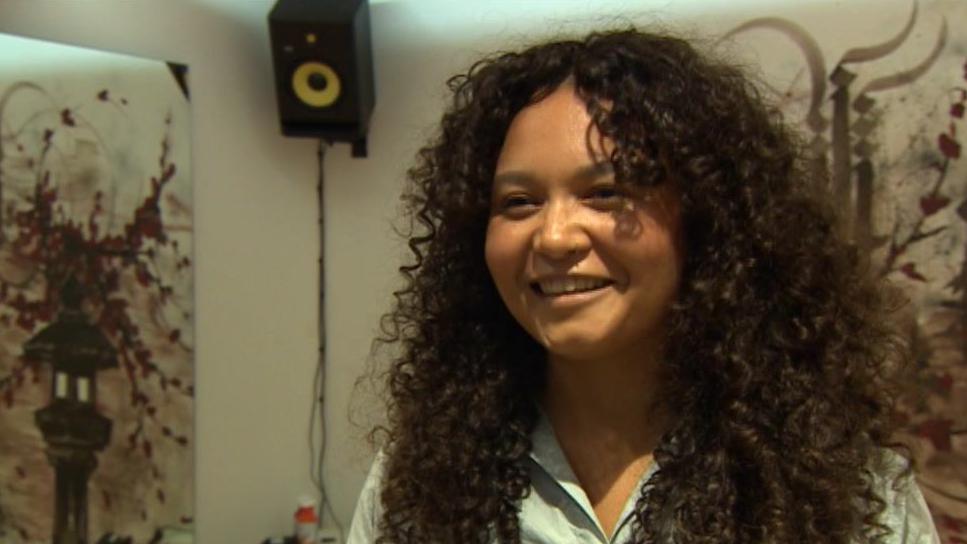
Dr Charlea Williams is leading the research into pre-eclampsia risk
The exact cause of pre-eclampsia is unknown, but it is thought to arise when there is a problem with the placenta.
Symptoms include swelling, headache, blurred vision, nausea and vomiting.
It can usually be successfully managed if diagnosed early, but it can lead to serious complications including maternal seizures and stroke, premature birth and stillbirth if left untreated.
Black mothers are between two and two-and-a-half times more likely to develop the condition than white mothers, while south Asian women also have a higher risk, according to recent research, external.
The team has hosted an event calling for input from pregnant women of black and ethnic minorities and those who had recently given birth.
Dr Williams said: "There has been suggestion in the past about labelling all black and brown women high risk, but that is not necessarily helpful.
"We want to know whether or not they were labelled high risk, what they were told to look out for and whether they felt they were listened to when they did highlight symptoms."
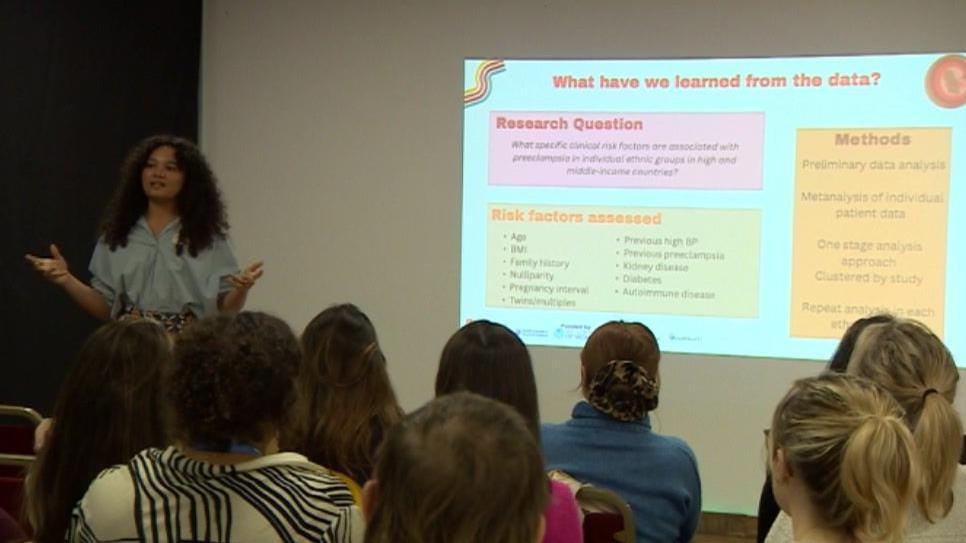
The research team want input from black women and those from ethnic minorities
Chantelle, 34, was told that her high blood pressure and discomfort during her first pregnancy was extreme morning sickness.
It was only when she saw a poster in hospital that she realised she had 11 out of the 12 symptoms of pre-eclampsia.
Chantelle did not get a formal diagnosis until she was 33 weeks pregnant.
Her son Johkarri, now three, has significant developmental delays, which is thought to be a consequence of his mother’s pre-eclampsia and not getting sufficient nutrients and oxygen in the womb.
"He is non-communicative and he is somewhat mobile but he is not walking and talking," Chantelle said.
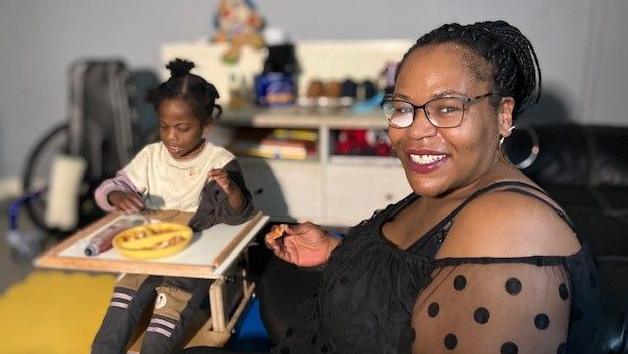
Chantelle was told her symptoms were extreme morning sickness
When asked what she would say to other mothers, she replied: “If you are uncomfortable, keep talking until someone listens to you. Pre-eclampsia is extremely serious.
"Every time I complained about being uncomfortable and being in pain - if (healthcare professionals) had taken it seriously I could have been diagnosed earlier.
"I could probably have had a better outcome."
Get in touch
Tell us which stories we should cover in Bristol
Follow BBC Bristol on Facebook, external, X, external and Instagram, external. Send your story ideas to us on email or via WhatsApp on 0800 313 4630.
- Published1 August 2024
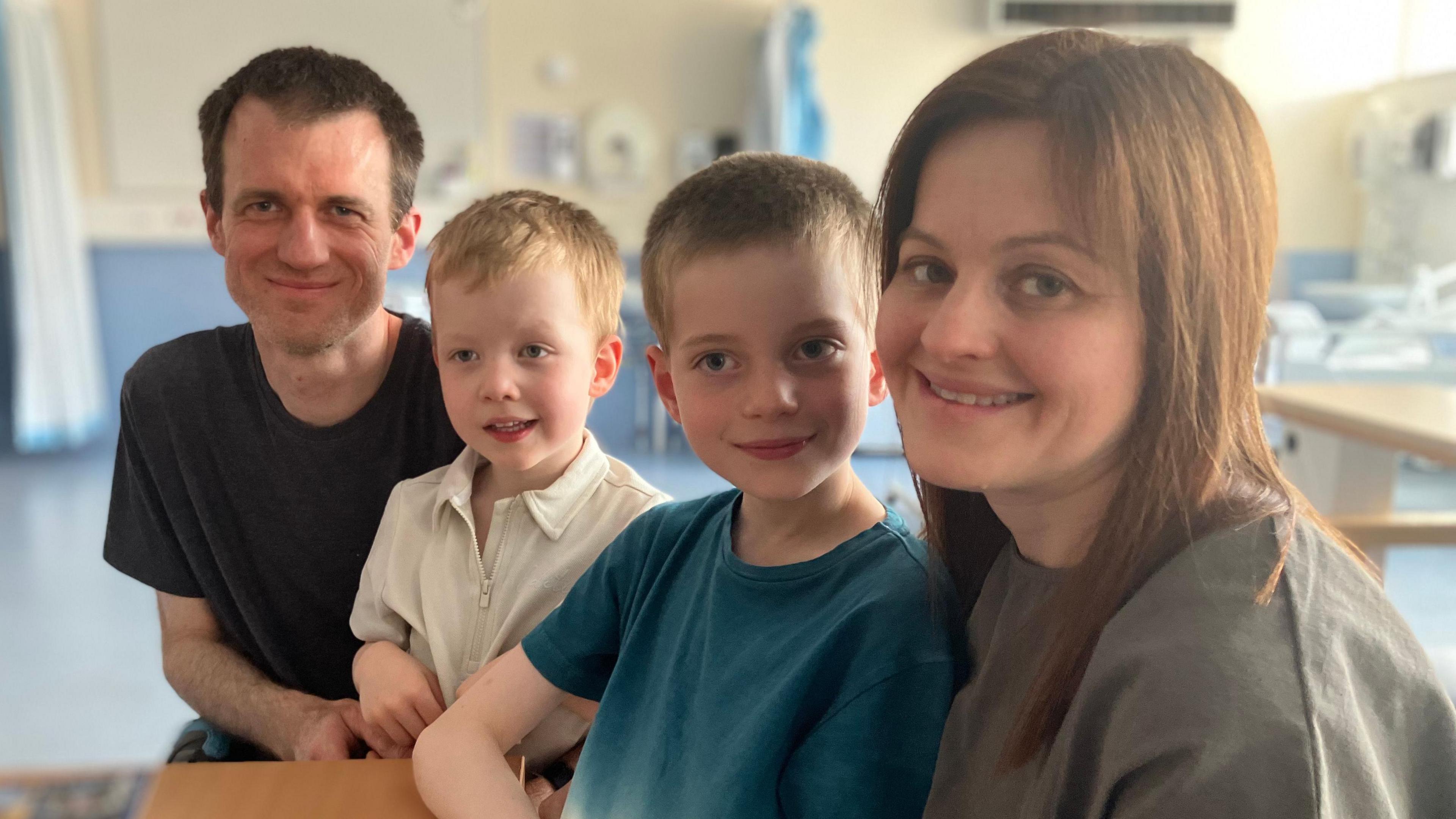
- Published18 January 2024
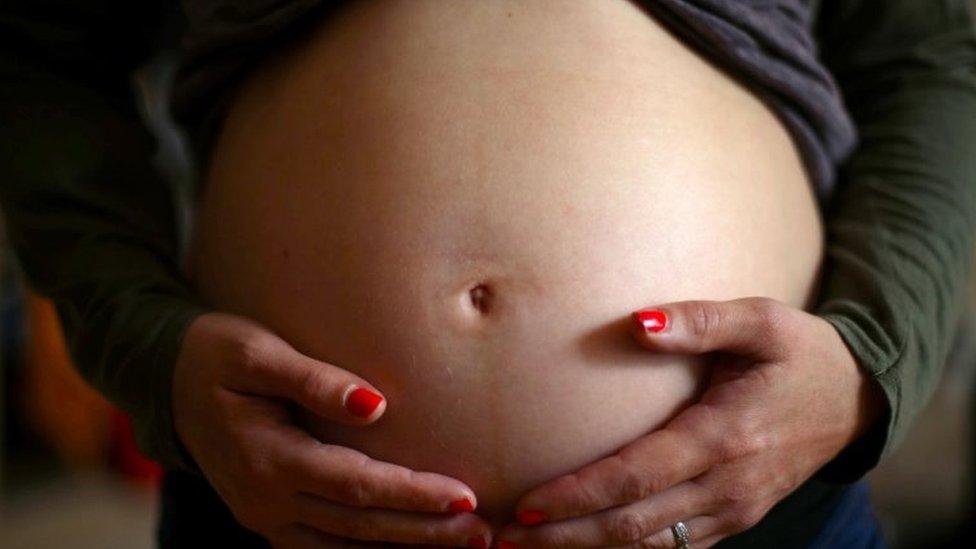
- Published10 July 2022
